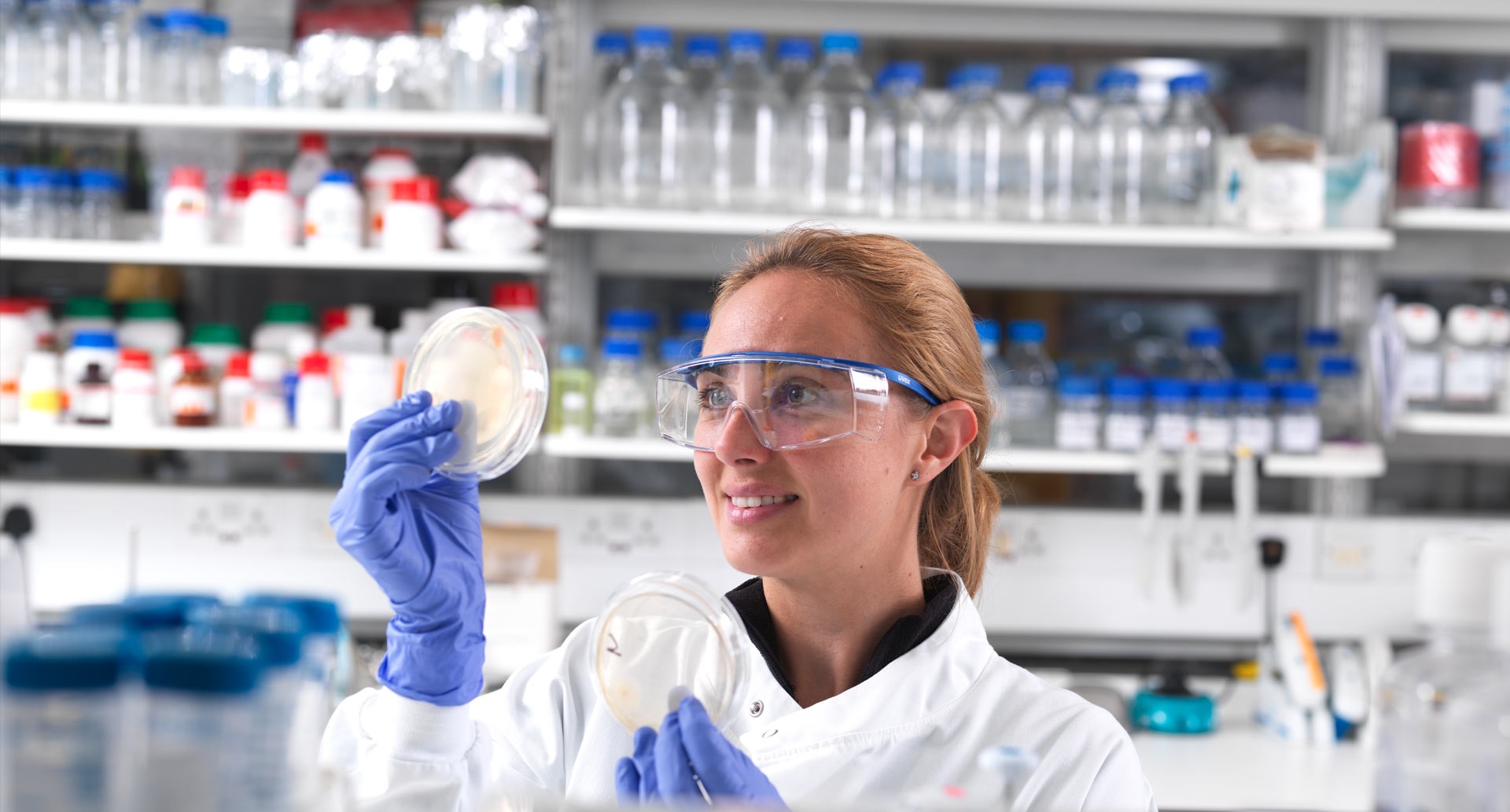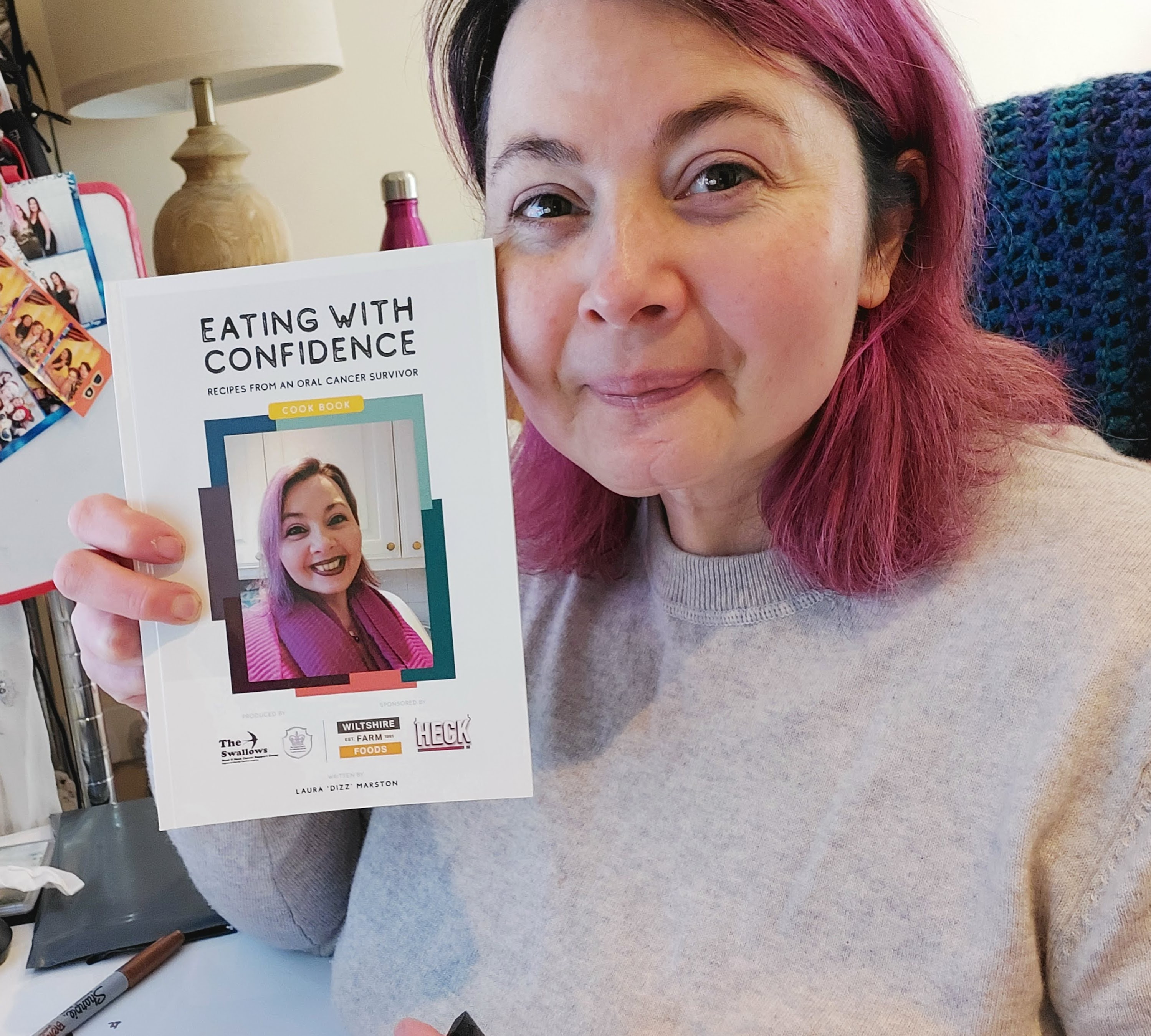An immunotherapy treatment helps patients live years longer without their cancer getting worse or coming back, a major phase III trial has found.
Pembrolizumab kept cancer at bay for some patients for an average of 60 months (five years) compared to 30 months when added to standard-of-care, according to the international trial, presented at the American Association for Cancer Research (AACR) annual meeting.
The Keynote-689 trial involved 192 sites in 24 countries around the world, including a team led by Professor Kevin Harrington at The Institute of Cancer Research, London and Royal Marsden NHS Foundation Trust.
The trial, which was funded by MSD and led by researchers at Washington University School of Medicine, USA, tested the drug on newly-diagnosed locally-advanced head and neck cancers. Hundreds of thousands of patients are diagnosed with these cancers around the world each year.
Treatment hasn't changed in over two decades
Of the 714 patients on the trial, 363 patients received pembrolizumab followed by standard-of-care and 351 received only the current standard-of-care – surgery to remove the tumour, followed by radiotherapy with or without chemotherapy.
Standard-of-care has not changed for these patients in over 20 years, and more than half of patients are unlikely to survive to five years.
The immunotherapy treatment worked particularly well for those with high levels of the immune marker, PD-L1, but it ‘dramatically’ increased the chance of remaining well without the disease progressing or coming back for all tumour types.
Immunotherapy worked well combined with surgery
After three years, 58 per cent of patients given pembrolizumab were alive and free of disease, compared with 46 per cent given standard treatment.
Pembrolizumab works by taking the brakes off the immune system’s ability to attack cancer cells, and is already approved for use on its own or in combination with chemotherapy in head and neck cancer that has come back or spread around the body.
Previous trials of the drug given in patients who have received chemoradiotherapy without surgery for locally-advanced disease have not been as successful.
The researchers believe the drug has been so effective in this current trial because of its use prior to surgery and then as part of the post-operative treatment. The drug primes the immune system to attack the cancer before it is surgically removed, and the immune system is then ready to continue fighting it when it is targeted with post-surgery chemotherapy or radiotherapy.
The researchers hope that regulators around the world will approve the use of pembrolizumab, in combination with surgery followed by radiotherapy, with or without chemotherapy, to treat this form of locally-advanced head and neck cancer.
This could 'change the world for these patients'
Professor Kevin Harrington, Professor of Biological Cancer Therapies at The Institute of Cancer Research, London, and Consultant Oncologist at The Royal Marsden NHS Foundation Trust, said:
“For patients with newly-diagnosed, locally-advanced head and neck cancer, treatments haven’t changed in over two decades. Immunotherapy has been amazingly beneficial for patients with cancer that has come back or spread around the body but, until now, it hasn’t been as successful for those presenting for the first time with disease which has spread to nearby areas. This research shows that immunotherapy could change the world for these patients – it significantly increases the chance of remaining free of disease.
“The results of this trial show that pembrolizumab dramatically increases the duration of disease remission – for years longer than the current standard treatments. It works particularly well for those with high levels of immune markers, but it’s really exciting to see that the treatment improves outcomes for all head and neck cancer patients, regardless of these levels.”
'Excellent results'
Professor Kristian Helin, Chief Executive of The Institute of Cancer Research, London, said:
“It’s great to see these excellent results. Immunotherapy continues to deliver and to learn that patients with immunotherapy added to their treatment plan had, on average, double the length of time free from evidence of disease compared to those without it – with some patients still yet to see their cancer return – is wonderful. I hope for a quick regulatory approval for this new treatment option for patients with head and neck cancer.”
'This treatment has given me the gift of life'
Laura Marston, 45, from Derbyshire joined the KEYNOTE-689 trial in 2019 following a diagnosis of stage 4 tongue cancer.
Laura originally cut her tongue in 2018, which overtime became more painful and developed into an ulcer. When the ulcer wasn’t disappearing she saw her GP who referred her for a biopsy, five days later on the 20 May Laura was told she had cancer. She was later referred to The Royal Marsden NHS Foundation Trust where she met Professor Kevin Harrington and joined the KEYNOTE-689 trial. Laura said:
“I was so excited to be on a clinical trial and knowing I was in the best hands was really reassuring. I underwent two rounds of immunotherapy before undergoing surgery on the 13 August 2019.
“In the months following my surgery I had to relearn how to eat and talk again while also having 10 more infusions of immunotherapy, chemotherapy, and radiotherapy but my clinical team were amazing and went above and beyond for anything I needed. I am amazed I am still here, this treatment has given me the gift of life.”

